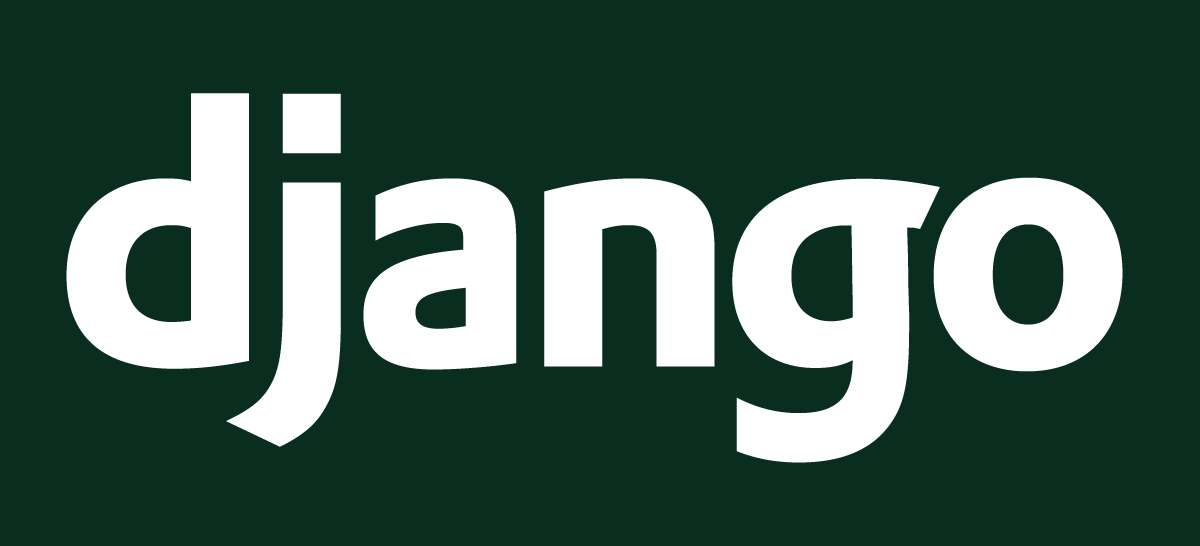Table of Contents
Python’s one of the most exceptional features is its powerful Python frameworks like Django and Flask. Regardless of being the oldest programming language, it manages to top the list leading languages for developers. With the growing market for machine learning, python is enjoying a steep trend upward for the past few years. Not only Machine learning, Data science, and AI, Python for web development, IoT, and others are also doing great.
What is a web framework?
It is a collection of packages and modules that allows you to create web applications easily by automating low-level activities. With these frameworks, developers can do their work more efficiently and quickly. Python web development is quite trending in the industry for many reasons. Because Python syntax is easy to read and maintain.
In Python web development, you can classify the Python frameworks into two major categories. They are full-stack frameworks and Non-full stack frameworks.
Here is the list of top Python frameworks that you need to learn in 2019.
Full-stack frameworks
As the name says, these frameworks assure full support to Python developers. Beginning from small components to template layouts, you can get everything you need in no time. Find the best four full-stack python frameworks below.
1. Django
Being popularly known among developers, Django is a high-level Python framework that aids in developing instantly. You can get relieved from most of the annoying queries of web development with its pragmatic design. Python web development with Django framework is more productive. Being a free and open-source framework allows you to write your app without reinventing the wheel.
Features
Fast, fully loaded, secure, scalable, versatile.
 2. Web2Py
2. Web2Py
Similar to the above framework, Web2Py is also a free, open-source, and full-stack framework. It cuts down the work of developers by helping them to work quickly. This cross-platform framework works in all operating systems. Python web development process is made simple with a web server, SQL database, and a web-based interface. You can build, edit, deploy, and manage web applications through web browsers. The ticket-granting mechanism of this framework helps in tracking errors and its status. Managing HTTP requests, reactions, sessions, and cookies are made easy with the in-built components of Web2Py.
Features
Easy to set up, cross-platform, database connectivity, and security.
 3. Turbo gears
3. Turbo gears
The open-source framework, Turbo gears is data-driven full-stack web application development for Python. The desirable features of Turbo gears framework is that it overcomes the limitations of the many existing web development frameworks. The developers can develop extensible data-driven applications with the framework by using Javascript development tools. Creating a web application is made easy with the javascript development tools as well as components like WebOb, SQLAlchemy, Genshi, and Repoze. With the help of these components, database connectivity is much faster than other frameworks.
Features
Integration with javascript library, command-line tools, SQLObject and SQLAlchemy support, and multiple database support.
 4. Cubic Web
4. Cubic Web
This open-source python framework is known for its semantic nature that empowers developers to build strong web applications by reusing components. These components are popularly known as cubes. The framework follows the well known object-oriented design principles to make things easier for the developers. It gives you all the support that you need when you are working with Python web development. Furthermore, it acts as a to-go solution for semantic web development which promotes reusability, quality, and efficiency.
Features
Enhanced security workflow, RDF and OWL support, RQL to simplify queries.
Non full-stack frameworks
The Non full-stack frameworks are renowned in the industry as Micro frameworks because of the absence of many components as that of full-stack frameworks.
Some of the widely used and most productive non full-stack frameworks of Python are the following.
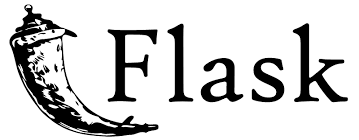 1. Flask
1. Flask
The micro framework, Flask is based on Werkzeug, and Jinja 2. With this, you can develop solid web applications base. It is available under BSD license. The framework is built-in server and debugger with integrated support for unit testing. When comparing with Django, flask is ready to go option for small or medium projects.
Features
Built-in server and debugger, Google app engine support and lightweight.
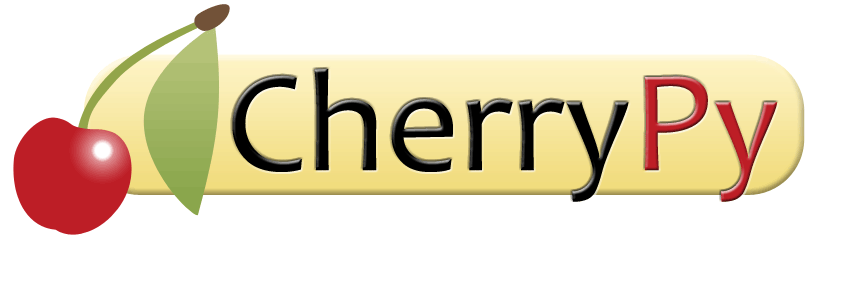 2. CherryPy
2. CherryPy
The open-source Python web app development framework that use Object-oriented paradigm to develop web applications. With this, the developer can program quickly. The web apps developed using this framework can run across varied platforms such as windows, Unix, Linux and MacOS. It allows you to run multiple HTTP servers simultaneously. All the required functionalities of a web application development framework is present such as uploading files, session management, cookies, and others.
Features
powerful configuration, flexible plugin system, run on multiple HTTP servers simultaneously, availability of many built-in tools.
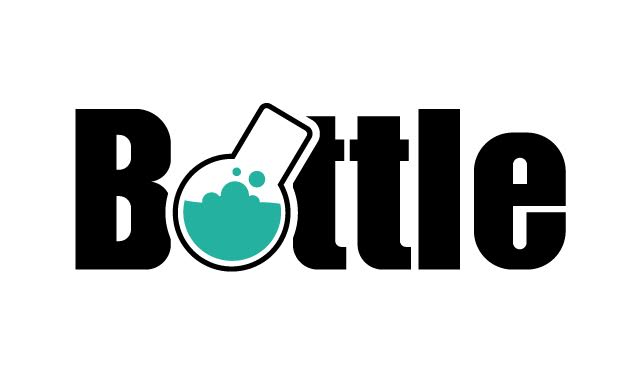 3. Bottle
3. Bottle
It is a renowned WSGI micro web-framework for Python that is known for being quick, naive and lightweight. The framework can be distributed as a single file module. So, it does not have any dependencies other than the Python Standard Library. The simplicity of the framework helps you to develop small web applications easily. Therefore, experts use this framework to majorly develop APIs.
Features
Built-in HTTP server, simple to use
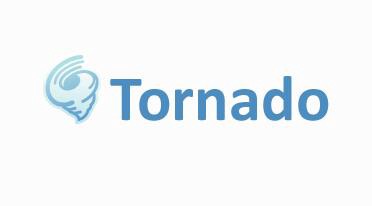 4. Tornado
4. Tornado
It is one of the best python web frameworks that comes with asynchronous network library. Tornado uses non-blocking network I/O. With this, it can scale many open connections. Some web applications like long polling, WebSockets, and others require long-lived connection. The non-blocking network I/O of the framework is ideal for such applications.
Features
Non-blocking HTTP client, high-quality performance, implementation of third-party authentication and authorization schemes.
All the frameworks mentioned here are the best-known Python web frameworks that you need to know in 2019. Due to the rapid growth of Python in the tech world, the developers need to learn the popular frameworks that can enhance their productivity.
Every developer has their own preferences and coding styles. The best frameworks may change from one to other. It is your responsibility to evaluate the framework that can work better for you and your project requirement.
Hire best Python developers for your web development projects easily with Agira technologies. We provide you with dedicated experts who have mastered the latest technologies. Endure the fullest of outsourcing tech experts for your company. Get in touch with our experts to hire freelance python developers, offshore python developers and python web developers who can cater to your company’s requirement.

Read more blogs related to python web development. Such as Python Vs java. what is the future with? and How to Install Requests Library in Python.





